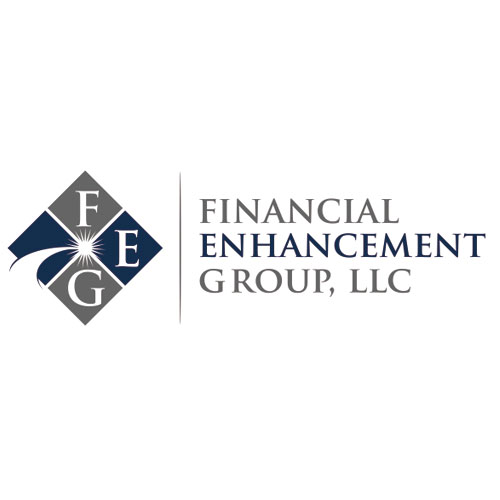[vc_row][vc_column width=”1/4″ offset=”vc_hidden-xs”][vc_widget_sidebar sidebar_id=”sidebar-main”][/vc_column][vc_column width=”3/4″][vc_column_text]
Over the years, some voices have argued that our great country’s economy is interconnected with the economies of other nations. Other voices have argued that the U.S. economy is protected from economic contagions around the world. Most professional money managers and economists point to the fact that U.S.-based companies in the S&P 500 make nearly as much money overseas as they do in the U.S.
Overlooking the link between U.S. and international economies is a serious oversight. Nevertheless, our equity and bond markets seem to be operating today without regard to our European counterparts.
We have discussed that the German 10-year Bund is trading at a negative yield. In the U.S., the 10-year bond is historically low at 1.55%; yet it is far from negative. The Swiss 50-year bond is also negative at this point. Negative rates mean investors get back less than they invested; and they are an indicator that the future in the European region may be far bleaker than here in the U.S.
The difference between U.S. rates and our European counterparts can be overlooked without great concern about our domestic bond market. But what can't be overlooked is the connection our economy and stock market have to potential risks within the European region.
Just a few years ago, the conversation focused on whether or not Greece would exit the European Union (EU). Even though polling of German citizens found they wanted Greece to leave the EU, the German government could not afford the risk and bailed Greece out of its temporary troubles. Spain and others were next in line to request help.
Today, we have a serious and significant problem in Italy. Sure, Italy may seem far from home, but if you accept that we live in a global economy, you need to be aware of the challenges Italy’s banking sector is experiencing. A non-performing loan (NPL) describes a situation where a borrower is not able to make good on payments owed to banks.
For some perspective, consider that during the Great Recession of 2008, the U.S. banking system had NPL's of 5%. The most recent official NPL data out of Italy shows Italian banks are experiencing 17% to 18% of NPLs. They are essentially functioning as shells and hoping for their next coordinated bailout from Germany and the European community.
Adding to Germany’s challenges, contagion in the financial services sector has already affected the nation. In the fourth quarter of 2015, Deutsche Bank reported its largest loss in history. As of this writing, its stock is down 89% from its early 2008 high, and 62% down from its 2015 peak.
We don't need to revisit the collateralized debt situation which people didn't understand in 2008 and still don't understand today. Even if you believe that countries aren't locked into situations occurring in the global economy, you need to know for certain that the big banks are. If Europe can't get a handle on the NPLs in Italy, the effects will likely be felt in the U.S. banking sector.
Disclaimer: Do not construe anything written in this post or this blog in its entirety as a recommendation, research, or an offer to buy or sell any securities. Everything in this post is meant for educational and entertainment purposes only. I or my affiliates may hold positions in securities mentioned in the blog. Please see my Disclosure page for full disclaimer.[/vc_column_text][/vc_column][/vc_row][vc_row][vc_column offset=”vc_hidden-lg vc_hidden-md vc_hidden-sm”][vc_widget_sidebar sidebar_id=”sidebar-main”][/vc_column][/vc_row]


